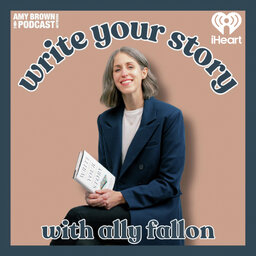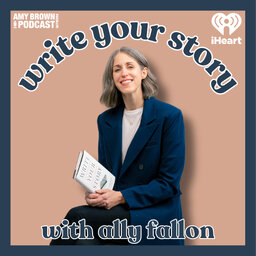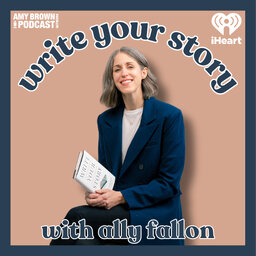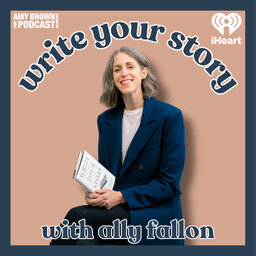Why Write Your Story?
You may have an inkling you want to write your story but tell yourself you could never do that because you’re not a “real” writer. Or you may worry that your story wouldn’t be that interesting to anyone but you. Why write your story when you aren’t sure anyone will read it? There are a whole host of reasons — including some fascinating science on what writing does to the brain and body — and I’m covering them in this week’s episode.
 Write Your Story with Ally Fallon
Write Your Story with Ally Fallon


